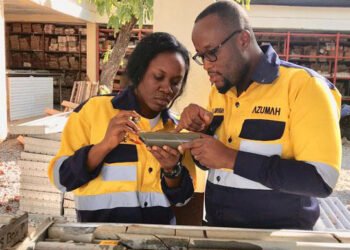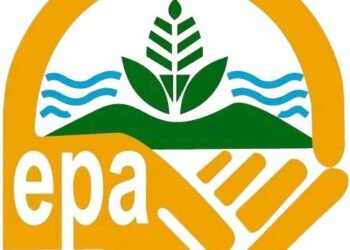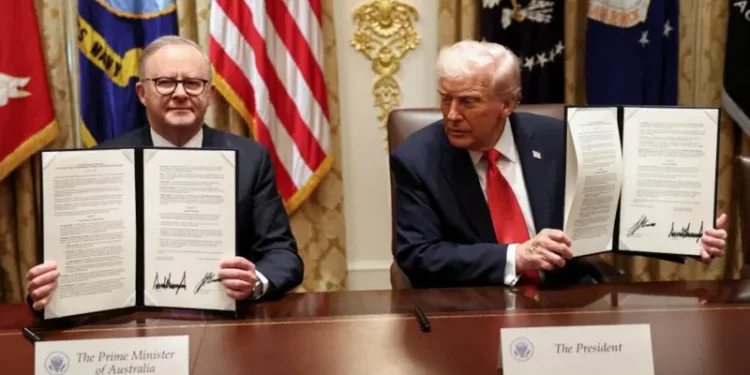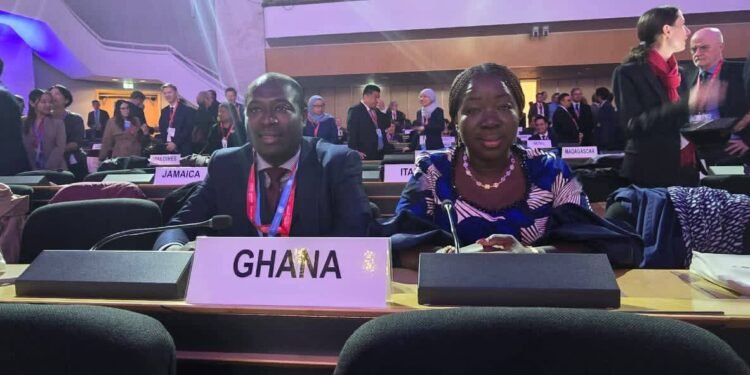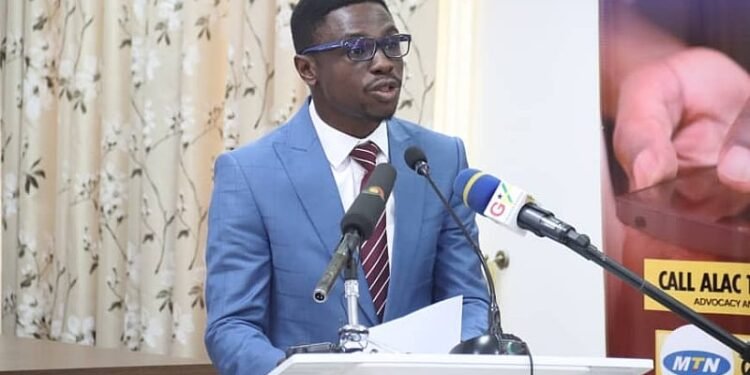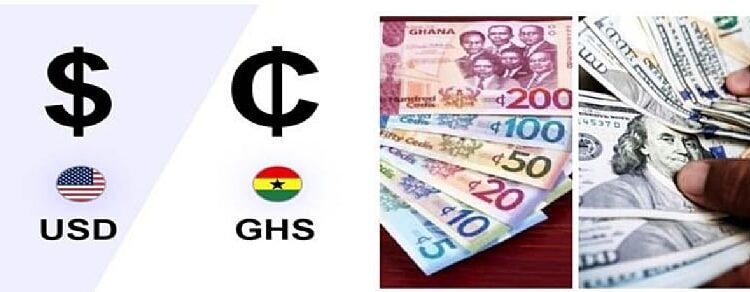Ghana’s growing interest in resource-backed lending and its associated consequences come with issues of debt sustainability, environmental concerns, and value-for-money concerns. It is against this backdrop that experts have called on the government to increase transparency and engagement with CSOs during negotiations of resource-backed loans.
These perspectives were shared during a public dialogue on resource-backed loans in Ghana: Risk, Opportunities and Lessons from Sub-Saharan Africa.
The quest to close the gap within Ghana’s infrastructure development has necessitated increased infrastructure financing from multiple sources (Multilateral Development and Finance Institutions, Grants, and most recently RBLs). Over the last 10 years, Ghana’s infrastructure financing has grown by 208%.
The Ghana Infrastructure Plan (GIP) highlights that for Ghana to facilitate the attainment of the SDGs, annual infrastructure investment will need to reach US$9.3 billion by 2030. In cumulative terms, total infrastructure investment in Ghana will need to reach US$96 billion by 2040.
Increased Appetite for Resource-backed lending
Ghana has over the years increased its appetite for resource-backed lending in the last couple of years, owing to: the small-window available for the country to seek funding via conventional commercial sources— IMF, World Bank due to its lower-middle income status.
Resource-backed lending incorporates a model where the borrowing country commits future revenues to be earned from its natural resource exports to pay loans secured ‘mostly’ from Chinese creditors. This type of lending is considered a cheaper source compared to loans from the capital market (Eurobonds).
While this model of infrastructure financing is not bad in and of itself, its practice in many African countries has raised several controversies on whether or not countries are mortgaging their future to the Chinese.

Daniel Gbondo, Mining Policy advisor at the Ministry of Mines and Natural Resources of Sierra Leone said:
“…The question of transparency becomes critical. Yes, we have infrastructure needs, we have to create conditions in which our economies will grow… RBLs are not bad but experience has shown we’ve not done a good job with loans from conventional lenders. So, what guarantees do we have that RBLs are going to be prudently used?”
Daniel Gbondo, Mining Policy advisor
Engaging CSOs and other Stakeholders in negotiations
As far as the going is good, the RBL model works, as it helps provide ready-financing for the country’s infrastructure needs and the speedy completion of infrastructure. However, when the going gets tough— especially in the event of a collapse of volatile commodity prices, as so often happens— other targeted savings accumulated over the years or revenues from other natural resources are used to make repayments.
Since 2011, Ghana has entered into a number of resource-backed loans. Of recent is the US$2 billion line of credit backed by bauxite arranged through Chinese State-owned Sinohydro to finance road projects. However, according to reports, Ghana has only managed to access US$100 million for the first phase of the project, out of a total project cost of US$646.6 million.

Speaking on the Sino-hydro deal and the extent of involvement of CSOs in the process of contracting the loan, Mr Henry Kyeremeh, Head, Bank Accounts, Reserves and Interventions Unit at Treasury and Debt Management Division of the Ministry of Finance said:
“Currently, as it is, the Ministry of Finance leads the processes in committing Ghana into any financial agreement… Of course, the lead ministry in this case was the Ministry of Roads and Highways. The Ministry of Finance was more concerned about the financing bits… of the whole deal. Perhaps, we will need to begin to expand the stakeholders to include others that currently the structure doesn’t consider in terms of… negotiating some of these deals.”
Mr Henry Kyeremeh, Ministry of Finance

Although ensuring transparency in these kind of deals is necessary, “it is not a sufficient enough condition. You need the other benchmarks or metrics” in place, Dr Acheampong emphasized.
“What we have seen in Ghana’s case… but also for example in the case of Guinea… for some of the bauxite with similar RBL structures, you would have a lot of conversations or debates often on the term structure and it is only later when the deal is signed that civic actors… begin to talk about the fact that we’ve been short-changed.
“At the very start of the process, at least one would expect…. other stakeholder inputs into the process. We also have these open governance protocols around: accountability, political participation and government responsiveness, legitimacy and effectiveness. But, we have also seen that sometimes there are some political imperatives that come into the equation, and that is where I think the aspect of transparency becomes important.”
Dr Theophilus Acheampong, energy economist
Other dimensions of the discussion dwelt on the impact of the terms of the loan on the communities within which these resources are extracted.
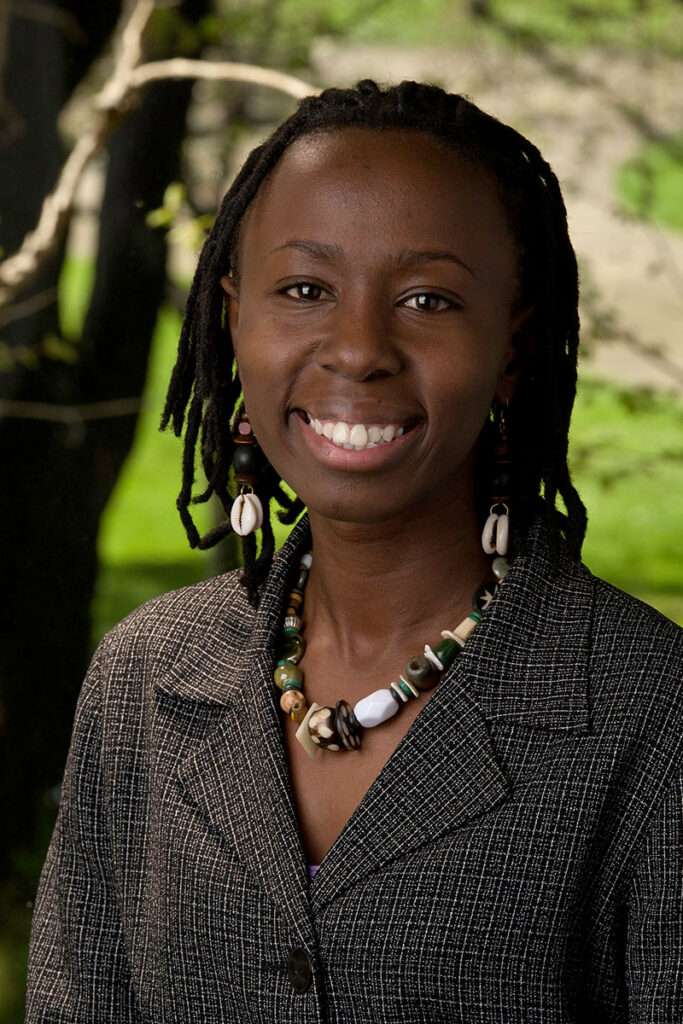
Ikal Angelei, Founder, Friends of Lake Turkana, Kenya said:
“We can see the increased inequity” in these agreements. The people from whose land these resources are extracted to back these loans mostly are not part of the development process.
“So, we keep saying we are growing but then you find that a big population is left behind. We say the resource is for the state but it is not hanging in a vacuum, these are people’s lands. You are actually denying people’s livelihood but it is not calculated.”
Ikal Angelei, Friends of Lake Turkana, Kenya
While RBLs have come to stay as an alternative source of financing for the country’s infrastructure needs, there is need to ensure there is transparency all throughout the process, going forward. It would be in the best interest of the country to see these suggestions featured in the new Agyapa deal.
READ ALSO: Ghana Pipeline Builder, A Boost For SDG-Focused SME Investments







